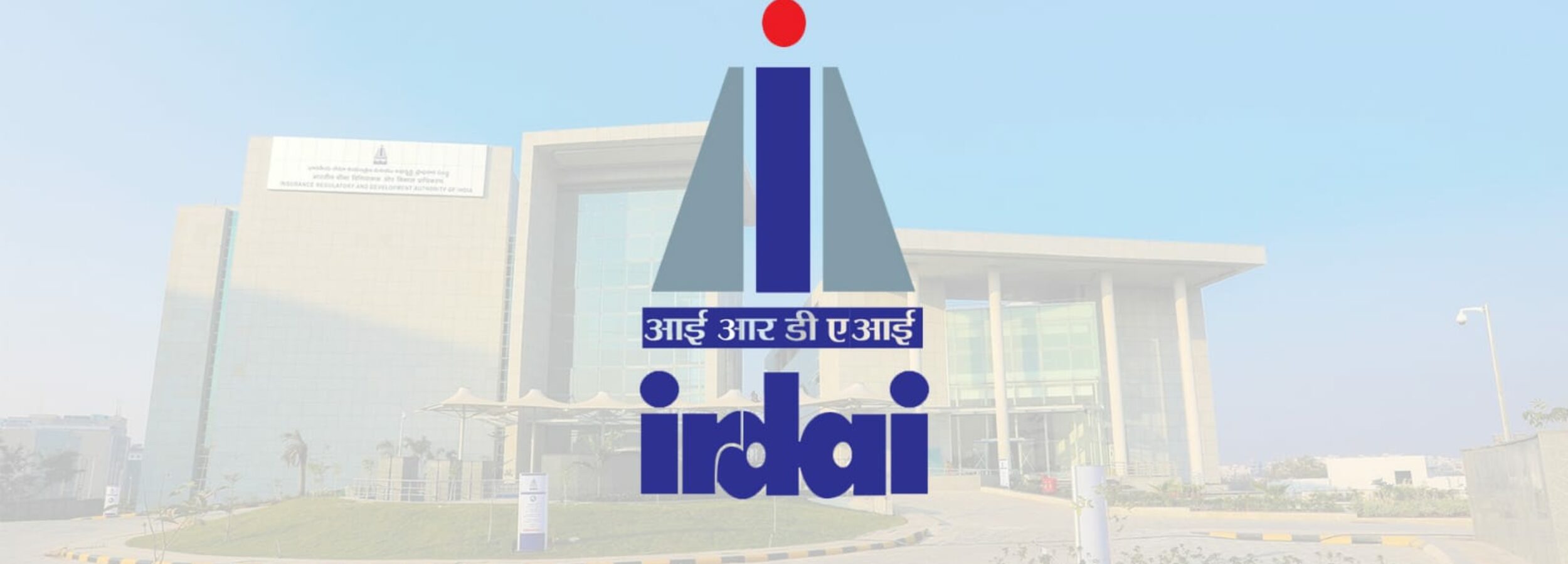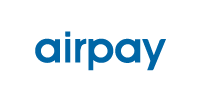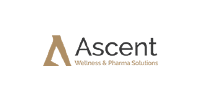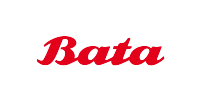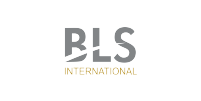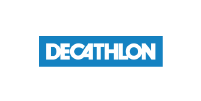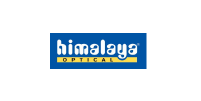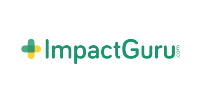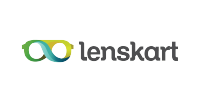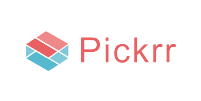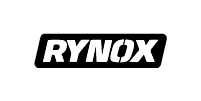7 min read |
In our dedication to keeping you informed about the latest advisories and news, this article aims to explain the upgrades of insurance processes across the country from a regulatory point of view. Here, we present curated news updates from the Insurance Regulatory and Development Authority of India (IRDAI) that you may have missed.
#1 Upgrades to Free-look Period to Safeguard Policyholders' Interests
In a recent development, the Insurance Regulatory and Development Authority of India (IRDAI) has proposed an extension of the free look period for insurance policies from 15 days to 1 month.
This significant move aims to bolster the protection of policyholders’ interests and ensure greater transparency within the insurance sector. Alongside this proposal, several other provisions have been suggested, covering various aspects such as bank account details, nomination procedures, and the issuance of electronic policies.
Outlined Proposal Details:
- The free look period for policies obtained through any means will be extended to 30 days from the date of receiving the policy document.
- Insurers are mandated to collect insured individuals’ bank account information during the proposal stage to facilitate electronic refund transfers and claim payments.
- No policy issuance will proceed without obtaining a nomination.
- Nomination provisions, applicable to both general and health insurance policies, have been introduced to reinforce policyholder protection and streamline processes.
#2 IRDAI Mandates Inclusion of AYUSH Treatment in Health Insurance from April 1st
IRDAI has instructed all insurance companies to incorporate AYUSH treatment into their coverage alongside conventional treatments. AYUSH encompasses alternative therapies such as Ayurveda, Yoga, Unani, Siddha, and Homeopathy.
According to the circular, insurers must implement adequate controls and standard operating procedures for various activities, including
- Hospital network enrollment.
- Inclusion of necessary clauses in health services agreements with AYUSH hospitals and day care centers.
- Establishment of standard treatment protocols.
- Addressing potential fraud and system abuse issues.
Stay updated with us
#3 IRDAI Proposes Mandatory Insurance in Rural Areas
IRDAI has recommended mandatory insurance coverage for individuals residing in gram panchayats nationwide. Over 40 crore people in India lack health insurance, while a significant portion of goods-carrying and passenger-carrying vehicles are uninsured.
According to the proposed regulations, life insurers are required to cover a minimum of 30% of individuals in each gram panchayat, starting with 25,000 gram panchayats in the first year. This percentage will increase to 40% in 50,000 gram panchayats in the second year and to 50% in 75,000 gram panchayats in the third year.
For general insurers, the regulations mandate that 30% of dwellings under fire insurance and vehicles under motor insurance (both comprehensive and third party) should be covered in each gram panchayat. The initial target is to cover 25,000 gram panchayats in the first year.
#4 IRDAI's Directive to Lower Premiums in Direct Insurance Plans
(IRDAI) has issued fresh directives concerning direct-to-consumer (D2C) insurance plans, commonly known as direct plans. IRDAI urges life insurance, general insurance, and standalone health insurance entities to formulate board-approved policies for directly procured insurance, eliminating intermediaries. Furthermore, insurers are advised to reduce premiums for policies acquired directly by policyholders.
How will this affect the policyholders?
Pros:
- Direct Insurance Plans offer flexibility and convenience, akin to direct mutual funds.
- Purchasing insurance online provides ease and customization options, especially with supplementary riders.
- Direct plans are more cost-effective without embedded commission fees.
Cons:
- Direct plans may limit options compared to brokers, particularly in terms of coverage and selection.
- Purchasing through brokers offers access to multiple offers and assistance throughout the process.
- Insurance complexities may require guidance not easily available without a broker.

